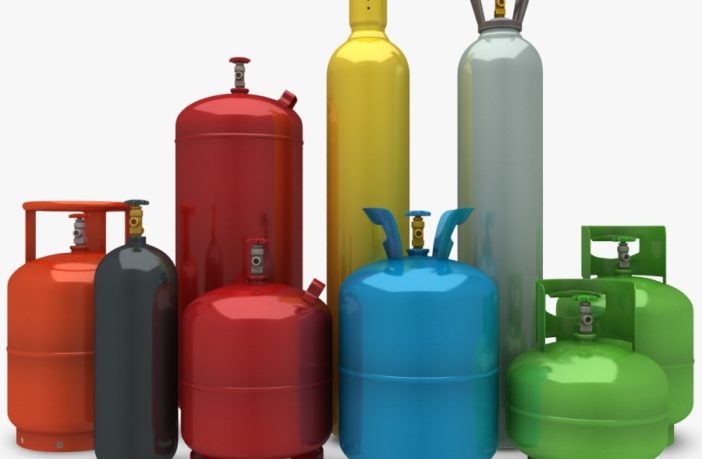The Nigerian Association of Liquefied Petroleum Gas Marketers (NALPGAM), says the current hike in price of cooking gas might persist if activities of Liquefied Petroleum Gas (LPG) Terminal Owners and Off Takers is not checked.
The Executive Secretary of NALPGAM, Mr Bassey Essien told News Agency of Nigeria (NAN) in Lagos on Friday that the development had led to increase in the price of cooking gas from N2, 600 to about N4, 500 in retail outlets.
Essien said that the Nigerian Liquefied Natural Gas (NLNG) vessel on Nov. 13, supplied products to two terminals in Lagos to reduce the scarcity within the South West zone.
He said that this was in line with the Federal Government’s approval for the allocation of about 350,000MT of Gas per annum for local consumption through the NLNG.
Essien said the product was distributed through the terminals/off takers to gas marketers who eventually distribute to end user
“We noticed recently that gas delivered to terminals/off takers sold at N3.2 million per 20 MT a week ago suddenly jumped to between N4 million and N4. 3 million per 20MT at the terminals.
“This singular action has taken cooking gas beyond the reach of ordinary Nigerians who are forced to pay a higher price for product that the price structure from NLNG has not significantly changed.
“We therefore, dissociate our association (NALPGAM) from such exploitative acts of the terminals who are taking the industry and stakeholders for granted,’’ he said.
Essien said the upsurge in the price of cooking gas was detrimental to the efforts of the Federal Government at deepening cooking gas utilisation in the country.
He said that with this development, many Nigerians would go back to using kerosene and firewood which had attendant health effects.
“A filling station which was selling 300 litres of kerosene a week has seen its sales increased to about 6,000 litres because people who cannot afford gas due to the increment are going back to kerosene.
“This has so many negative effects on the economy, especially as food sellers would have to increase the prices of their food or reduce the quantity not to run at a loss,” he said.
Essien commended the NLNG for its efforts in supplying gas to Nigerians.
He added that the company would improve on its performance to deliver gas to other coastal terminals outside Lagos to reduce the inherent pressure on the terminals in the South West.




